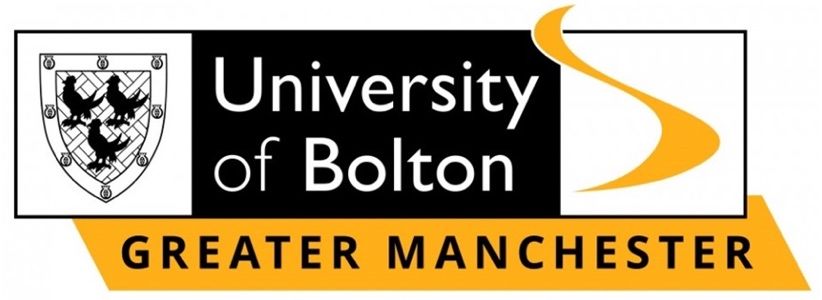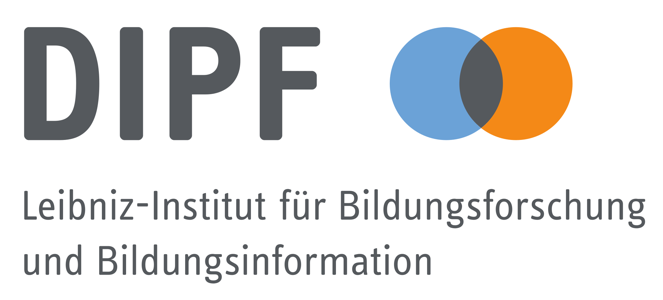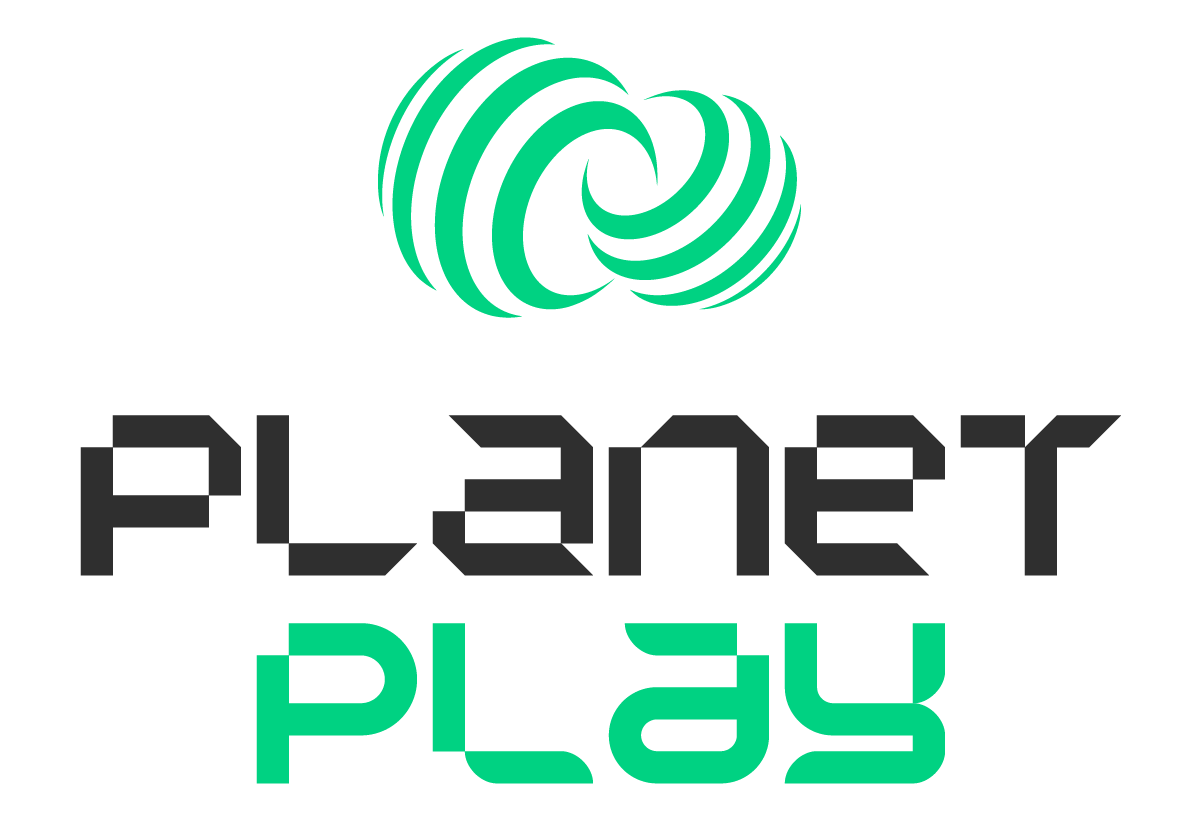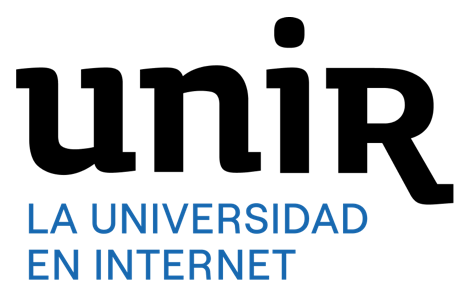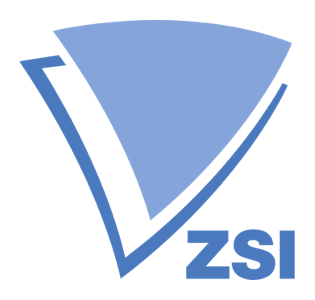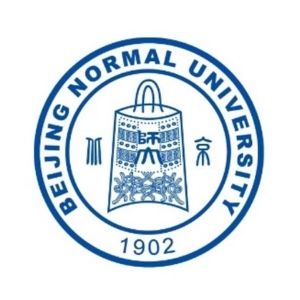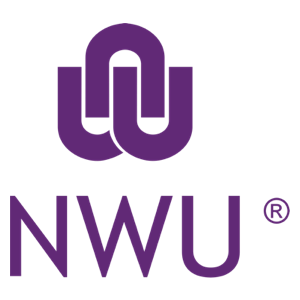GREAT Project Consortium
Partners
University of Bolton #
The University of Bolton has expertise on games development, piloting and business models, and in research into technology and society. UoB will provide leadership of the piloting activities, development of guidance for games providers and business models, and the design of open games.
Project members
- Anchal Garg (Data Scientist)
- Paul Watson (Games Studies & Data)
- Pradeep Hewage (Data Scientist)
- Rebecca Harris
- Paul Hollins (Lead)
- Celestine Iwendi (Data Lead)
- Donna Zarei
Leibniz Institute for Research and Information in Education #
The Educational Technologies at DIPF (EduTech @ DIPF) is an interdisciplinary and multinational research group, which brings together technical and social disciplines such as information, computer and engineering science, but also pedagogy, didactics and psychology to innovate education. It focuses on Learning Analytics, Personalisation Technologies and Educational Data Mining. Since 2017, the EduTech @ DIPF team has implemented 18+ European- and German-funded projects, and provides supervision to 12+ research candidates.
EduTech belongs to the Leibniz Institute for Research and Information in Education (DIPF). It is a public research organization delivering empirical educational research, digital infrastructure, targeted knowledge transfer and strategies for coping with challenges in education. The institute works closely together with national and international partners. In many cooperations, DIPF acts as the leading coordinator, for example, the German Education Server and Portal, Research Data Education Alliance and Open Educational Resources Information Centre.
As the coordinating institution, DIPF is primarily involved in project management and also has analytics and pedagogical expertise. DIPF will be involved in the data analysis of the data generated by the games.
Project members
- Hendrik Drachsler (Lead)
- Dana Kube (Researcher)
- Jane Yau (Project Manager)
- Nina Seidenberg (Researcher)
Frederick University #
Frederick University (FredU) is an energetic and vibrant private university operating in the Republic of Cyprus. Since its establishment (2007), FredU managed to achieve significant growth, both in terms of student population, faculty members, and academic infrastructure. FredU is recognized as the University that offers novel and innovative programs of study that address societal needs and, primarily, as the university that exhibits high social sensitivity and responsibility.
It offers a broad range of academic programs of study (more than 80) in the areas of Science, Engineering, Business, Arts, Architecture, Media, Humanities, Health, and Education. Since its initial participation in 2021 in the Times Higher Education Impact Rankings (addressing SDGs), FredU has been continuously improving its position and in 2023 it was ranked in the top 201-300 Universities in the world. FredU also joined the Sustainable Development Solutions Network (SDSN), becoming one of the founding members of Cyprus' national network. As part of its internationalization strategy and further engagement with ERA and EEA, FredU has also joint EU-CONEXUS a European University alliance for Smart Urban Coastal Sustainability.
Frederick University has domain expertise in climate crisis adaptation and sustainable development education as well as knowledge of and links to policy stakeholders especially UNECE. It will contribute to the design of the content of games, collaboration with policy stakeholders in the design of games as well as the evaluation of outcomes.
Project members
- Anna Louise Merry (Researcher)
- Anna Merry (Assistant Professor)
- Aravella Zachariou (Lead)
- Alexis Onoufriou (Financial / Legal)
- Constantinos Kounnamas (Researcher)
- Savvas Evripides (Project Admin)
PlanetPlay #
PlanetPlay helps the games industry and its playing community easily and accessibly contribute to climate positive action.
With it’s passionate 3.1 bn player following, the games industry has enormous potential to support and influence climate positive change globally. Games are a unique platform through which to inspire, educate and mobilize players in support of the climate and ancillary causes.
As a commercial partner, PlanetPlay will provide the platform and connection to gamers via mobile games. They have expertise in obtaining insights from games and links with policy stakeholders. PlanetPlay will contribute to the project primarily by embedding the project games in popular mobile games to generate and manage user data on sentiment and attitudes towards climate change. They will evaluate outcomes with stakeholders and also provide leadership of dissemination and sustainability beyond the project.
Project members
- Michelle Tang (Head of Social Media)
- Robert Seares (Head of Innovation)
- Jude Ower (Chief Strategy Officer, Lead)
- Bryony Worthington (Co-Chair, Peers for the Planet)
- Joost Schuur (Technical Product Manager)
Universidad Internacional de La Rioja #
The Research Institute for Innovation & Technology in Education (UNIR iTED) is focused on Educational Technology, Learning Analytics and Open Science. Since 2012, the UNIR iTED team has implemented more than 40 European public projects, more than 30 international private and public projects abroad, has published more than 120 indexed research articles, 20 books and special issues, and provides PhD supervision to +12 research candidates.
UNIR iTED belongs to the Universidad Internacional de La Rioja (UNIR). UNIR currently provides more than 400 academic degrees. It comprises an academic community of over 4,000 knowledgeable lecturers from all over the World, along with a strong team of more than 1,500 multidisciplinary staff members. Student enrolment is over 130,000.
Project members
- Daniel Burgos (Senior Researcher, Lead)
- David (Dai) Griffiths (Senior Researcher)
- Joaquin Alonso Andaluz (Project Manager)
- Natalia Padilla (Researcher)
Serious Games Interactive #
An award-winning company with 15+ years of expertise. Serious Games Interactive see games as a powerful language that can shape the world and how people learn. Their team includes all the necessary experts for developing high-quality serious games and simulations. Their full-service team is located in Denmark, and they have partners around the world that can be involved if relevant when working on larger projects.
In the GREAT Project SGI are especially focused on finding ways to connect policy-makers and citizens by leveraging our existing platform DiBL for dilemma-based learning games.
Project members
- Jo Bech Dalsgaard (Game Designer)
- Simon Egenfeldt-Nielsen (CEO, Lead)
- Tim Garder (Game Designer)
Zentrum für Soziale Innovation #
The Centre for Social Innovation - ZSI is a private transdisciplinary social science research institute and a Centre of Excellence for social innovation based in Vienna (Austria). ZSI critically explores the social embedding and impact of all types of innovations. We also actively contribute to the design and diffusion of socially accepted and sustainable innovations to meet global challenges.
A core activity of the research group involved in GREAT is the impact evaluation of socio-technical projects and their interactions with social innovations. Another focus of activities relates to studying and implementing citizen science activities.
In GREAT the ZSI team is going to buildon their expertise in both of these areas, social impact assessment and citizen participation. Participatory and transdisciplinary research methods and open science are key tools of the methodological repertoire of this interdisciplinary team.
Project members
- Barbara Kieslinger (Lead, Researcher)
- Claudia Magdalena Fabian (Researcher)
- Katharina Koller (Researcher)
Associate Partners
Beijing Normal University #
Beijing Normal University at Zhuhai provides modern, high-quality teaching and housing facilities in an extensive and tranquil campus. Taking advantage of its unique geographical advantage of proximity to Hong Kong and Macao and its innovation strengths, Zhuhai Campus aims to build a southern centre of excellence for the training of teachers, especially teachers in disciplines urgently needed by the country.
The University will participate in GREAT through the Centre for Connective Intelligence. The Centre recognizes that without active, interdisciplinary sharing of these research and innovation activities, advancements in the use of AI technologies and techniques may be inhibited. It seeks to act as a connective platform, encouraging researcher-researcher and researcher-end user connections that enable everyone to benefit from collaborative approaches to research, with a particular focus on AI applications in education.
Project members
- Ahmed Tlili (Associate Professor)
- Ting-Wen Chang
North-West University #
NWU and the Research Unit Self-Directed Learning (along with the UNESCO chair on Multimodal learning and OER) in South Africa are an associate partner for the GREAT project, which is an international research project centered in Europe, focusing on serious games applications in education.
The two South African researchers involved, Prof. Dorothy Laubscher and Dr. Byron Bunt, will assist by providing pilot opportunities of the game-based approaches, as well as situating the research in a wider African context.
Project members
- Deon von Tonder
- Lance Bunt
- Dorothy Laubscher (Associate Professor, Chairholder for UNESCO Chair on Multimodal Learning and OER)
- Byron Bunt (Senior Lecturer, History in Education)
